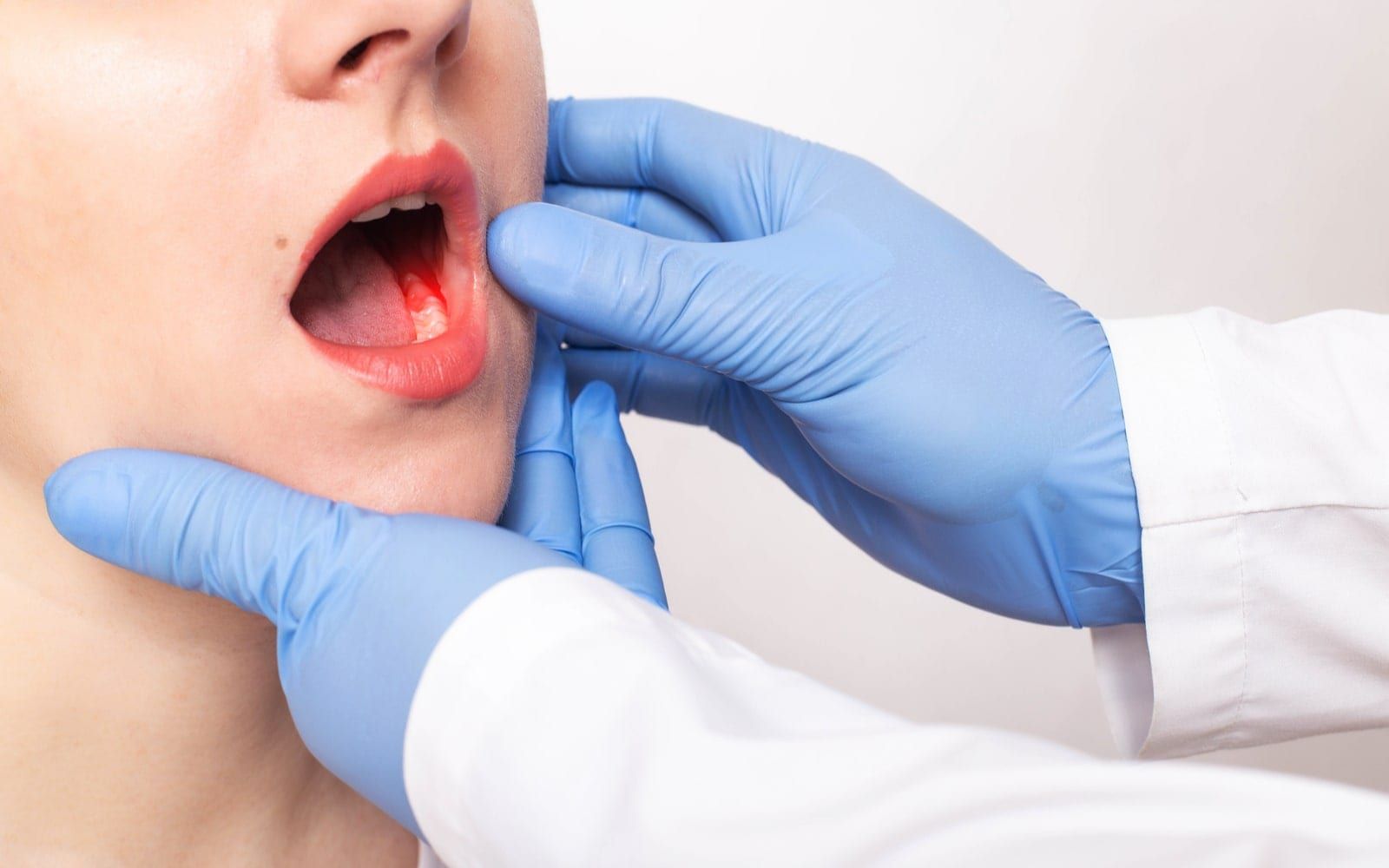How Advanced Periodontal Disease Can Increase Cancer Risks

Our dental health can impact our lives in more ways than we’d expect. As the prevalence of periodontal disease continues to increase due to the effect of poor oral hygiene, old age, weakening immune systems, and other inherited factors, our complex immune systems can often suffer the consequences of reoccurring infections and environmental changes long-term. Many studies have attempted to look at the prevalence of periodontal disease in relation to other illnesses, including cardiovascular disease, diabetes, and respiratory diseases, but can cancer become more prevalent with the onset of periodontal disease? Some studies show that having advanced gum disease can increase the risk for cancer.
How Cancer and Periodontal Disease Connect
In order to understand why periodontal disease and cancer connect, it’s essential to understand the stages that periodontal disease progresses. These stages include:
- Gingivitis: Gingivitis present the first stage of gum disease, presented in its mildest form through inflammation and gum tenderness. When the gums swell, it makes brushing more difficult and can cause the gums to bleed more easily.
- Gum Disease: It can then progress into a moderate case of gum disease, where the gums become red, inflamed, swollen to the touch, and bleed easily when brushing, flossing, and eating certain foods.
- Periodontal Disease: Periodontal disease, known to be the most advanced form of gingivitis, presents many issues. This disease causes the gum pockets to become loose and the ligaments to separate from the tooth, leaving gaps that can weaken the tooth’s root structure and cause them to fall out. In addition to that, the bacteria causing the advanced gum disease can infect the jawbone, causing bone loss.
Poor oral habits, insufficient diets, and other factors such as smoking can lead to periodontal disease. However, periodontal disease presents even more risk to your health than just your teeth and gums. Many previous studies have looked into the prevalence of oral disease among certain populations, and the current cancer risk assessment performed has shown that those with advanced gum disease could have an increased cancer risk of 14% to 20% due to the immune system changes in response to harmful bacteria. In addition to that, older women with advanced gum disease also have a higher risk of breast, esophagus, melanoma, and lung cancer from the effects of the bacteria on the immune system.
Visiting Your Dentist For Periodontal Treatment
The link between periodontal disease and cancer requires constant research to solidify these results and help patients better understand how their oral health impacts their bodies—because of its public health impact, reducing your risk of cancer, among other conditions, matters when it comes to your dental health and overall health. If you believe you may have signs of mild to moderate gum disease, then it’s essential to seek treatment from your dentist. Your dentist will be able to provide you with scaling and planing treatment from their office or through a specialist to help remove the infected pockets of bacteria and leave behind a healthier smile.
